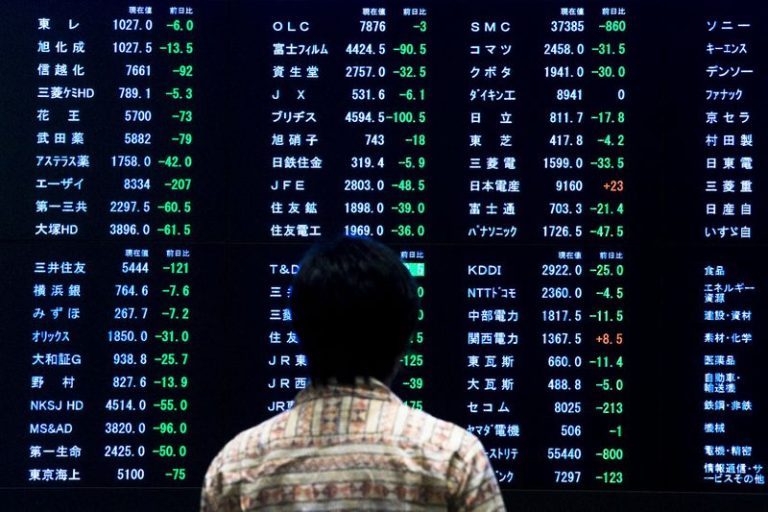Investing.com– Japanese stock markets are expected to benefit from an improving local economy in the coming years, UBS analysts said in a note, although they still forecast trade-relatated headwinds from increased U.S. tariffs.
UBS expects the Nikkei 225 benchmark to end 2025 at 41,500 points, and that the TOPIX will close next year at 2,900 points, a roughly 5% upside from current levels, but a touch lower than UBS’ prior forecasts.
The brokerage expects increased U.S. tariffs under President-elect Donald Trump to have a negative effect on Japanese firms, especially those with export exposure.
But UBS also expects Japan’s economy to clock nominal growth amid sustained inflation and higher wage increases. The brokerage said that planned corporate governance reforms in Japan also increase the potential for more shareholder returns and better overall value.
Still, UBS also warned that a tariff-heavy scenario would make it hard for the Japanese economy to avoid a recession, with the brokerage recommending a shift into sectors with exposure to domestic demand.
Japanese domestic sectors to improve in coming years
UBS expects the Bank of Japan to raise its policy rate to 1% by end-2025, amid improving wage hikes and sustained inflation. Private consumption is expected to benefit heavily from this trend.
“We are taking a bullish stance on consumption-related sectors such as retail and food, which have lagged the Japan stock market for the past two years, on the view that momentum behind a consumption recovery and industry restructuring will increase alongside the rise in real wages,” UBS analysts wrote in a note.
The brokerage also recommended sectors such as housing, real estate, IT services and telecommunications for their exposure to local demand.
But UBS noted that political turmoil in the country could present downside risks, especially after a coalition led by the ruling Liberal Democratic Party failed to win a majority in recent general elections.

